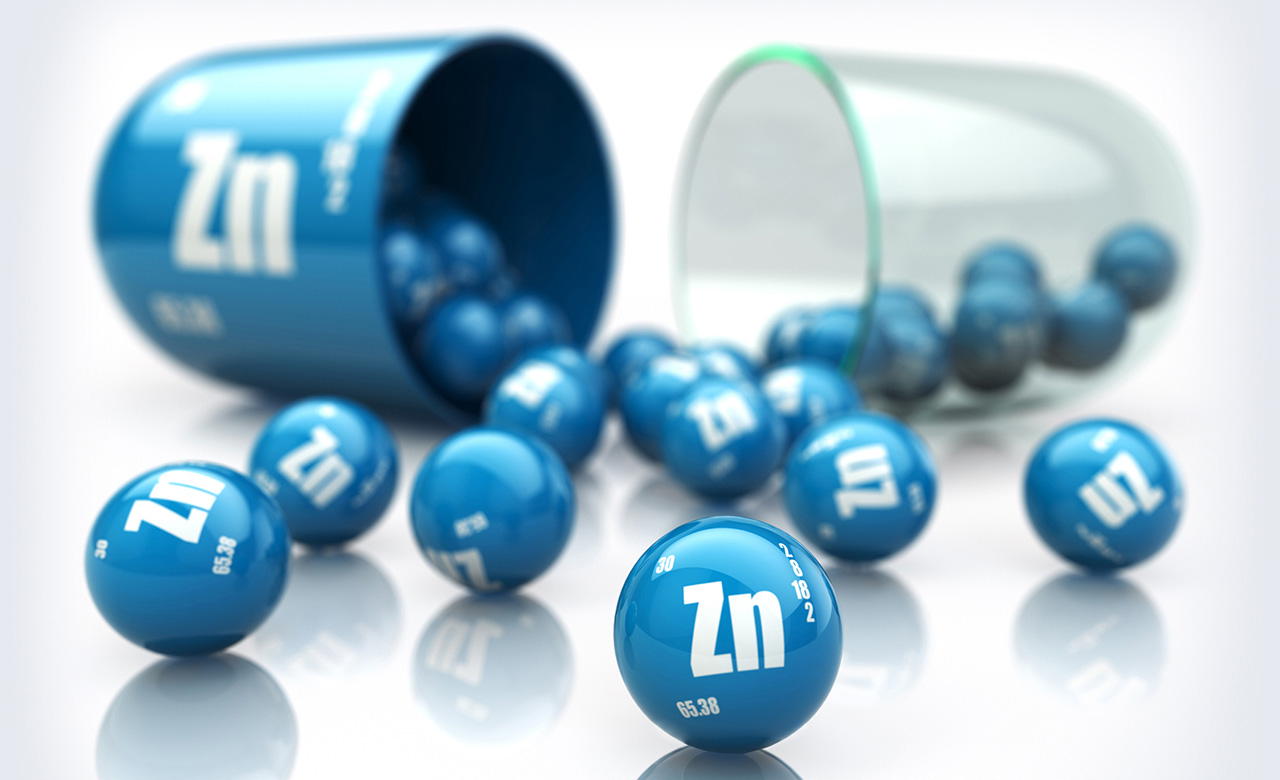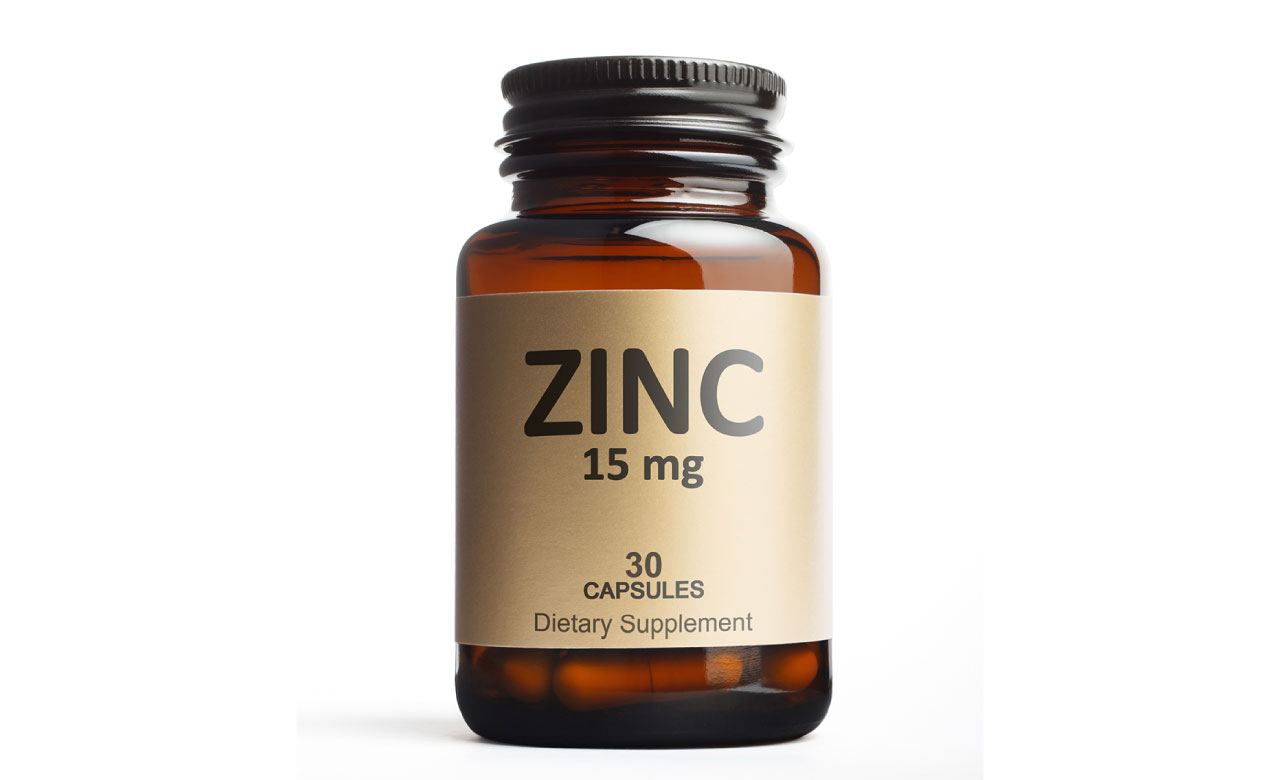Lauren Howell, PharmD
Over the course of the pandemic, researchers raced to find effective treatments for patients with COVID-19. While many different strategies have been investigated, few have proven to be beneficial to health outcomes in these patients. But one simple, readily available, low-cost OTC supplement could change that narrative.
A study published November 4, 2022, in Clinical Infectious Diseases showed that in patients with COVID-19, oral zinc can decrease 30-day death, ICU admission rate, and shorten symptom duration. Previous studies have shown that serum zinc is inversely correlated with outcomes in sepsis, leading researchers to hypothesize that zinc could provide value to patients with COVID-19.

Study design
VIZIR was a prospective, randomized, double-blind, placebo-controlled, multi-center trial, conducted from February to May of 2022.
To be included, patients had to be 18 years or older and have a diagnosis of COVID-19. Patients were excluded from the trial if symptoms started more than 7 days before inclusion or if they had symptoms that immediately qualified them for ICU admission.
The included patients were randomly assigned to receive either 25 mg of elemental zinc twice daily for 15 days or a placebo capsule twice daily for 15 days.
All patients received supportive care as recommended by national guidelines, including corticosteroids, prophylactic anticoagulation, supplemental oxygen, and other treatments as clinically indicated.
Primary outcome measures were death rate, ICU admission rate, and combined outcome within 30 days after randomization. Secondary outcomes included length of stay in the hospital and protocol treatment safety. In outpatients, duration of COVID-19 symptoms, need for hospitalization, and oxygen therapy were also included as secondary outcomes. A total of 470 patients were included in this intention to treat analysis.

Study findings and clinical implications
The study found that 30-day mortality was 6.5% in the zinc group compared to 9.2% in the placebo group—despite similar severity of illness between the two groups. The ICU admission rate was 5.2% in the zinc group and 11.3% in the placebo group. The trial also found evidence of a treatment positive effect with zinc, as compared with placebo, in inpatients, patients older than 65, patients with a comorbidity, and those requiring oxygen at baseline. Among outpatients, the duration of COVID-19 symptoms was found to be shorter in the zinc group. The rate of hospital admission was similar between both the patients treated with zinc and those given placebo. There was no significant difference in rates of adverse events between the two groups.
Based on the findings of this trial, zinc should be considered as a strategy in the treatment of patients with COVID-19. The finding showed consistent results among both high- and low-risk patients, showing that there is potential for zinc to be used among a wide variety of patients. Additionally, zinc is readily available at a low price to most patients.
In the future, more studies should be performed to evaluate the efficacy and safety of higher and lower doses of zinc. Additionally, a longer span of treatment, beyond the 15 days used in this trial, could be considered for further studies. While there is certainly more research to be done, the absence of a curative treatment for COVID-19 makes the findings of this study relevant to many pharmacists and patients. ■
|
Thirty-day primary outcome
|
|
Variable
|
Zinc
(n = 231)
|
Placebo
(n = 239)
|
|
Death, n (%)
|
15 (6.5)
|
22 (9.2)
|
|
ICU admission, n (%)
|
12 (5.2)
|
27 (11.3)
|
|
Composite
outcome, n (%)
|
24 (10.4)
|
40 (16.7)
|